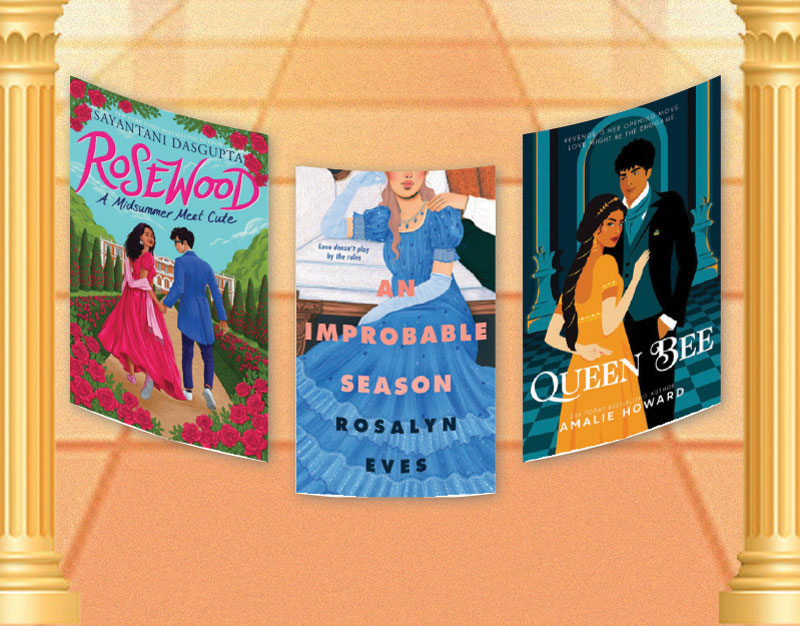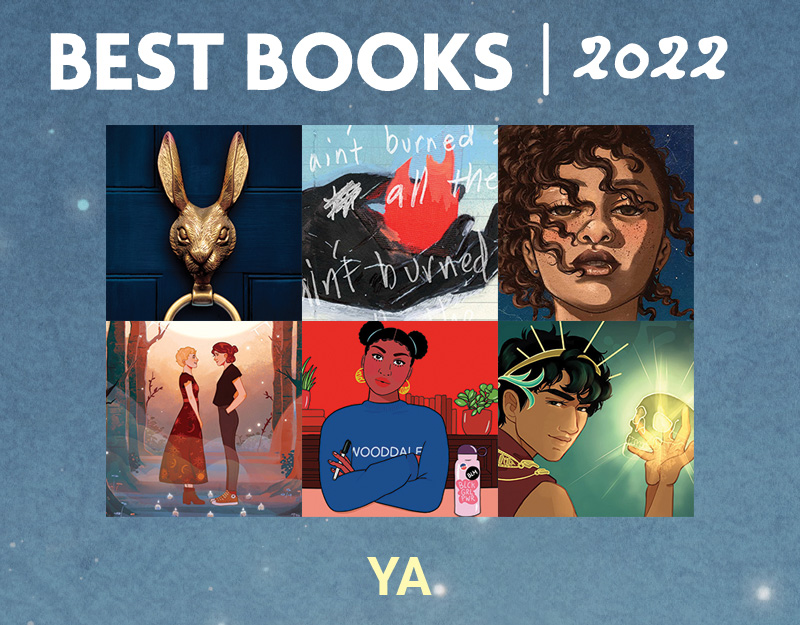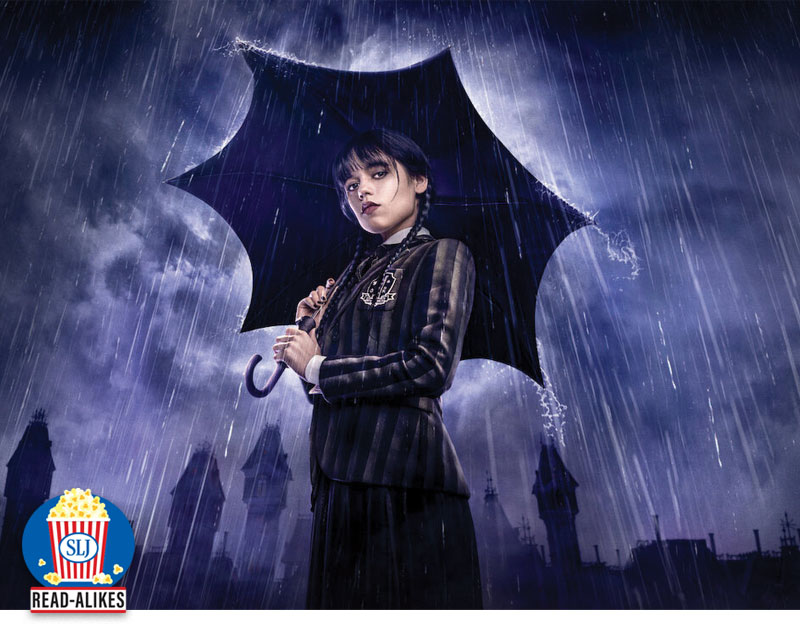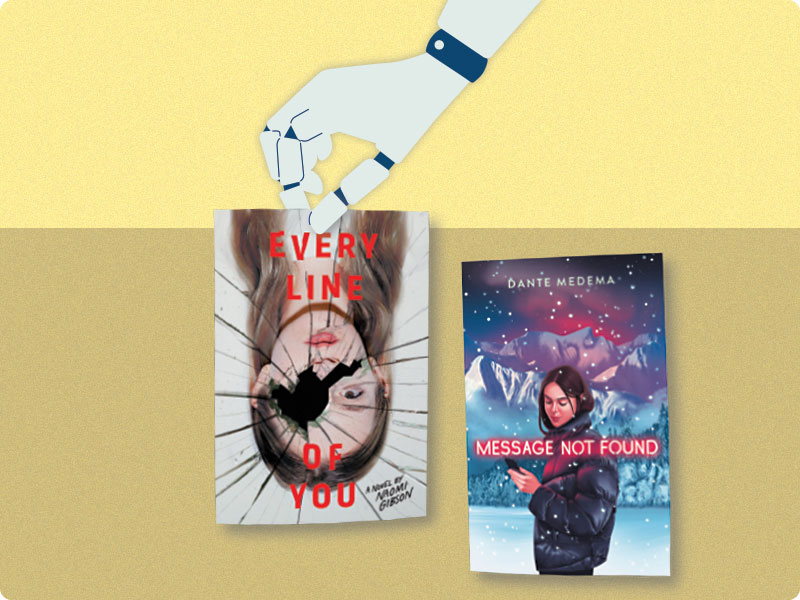Mike A. Lancaster, author of Human.4 and The Future We Left Behind weighs in on his Top 5 Sci-Fi Books…at least for today…
The top 5 of anything is difficult. So a top 5 science fiction books is always going to be a hard ask. I’ve chosen five books that made a huge impact upon me; that have stayed with me – some for decades; that have informed my writing life or taught me something new about my craft; or that are simply so good that I urge everyone to read them.
Are they the best science fiction novels ever written? I’m not going to make that claim. I’m sure people will notice my glaring omissions rather than celebrate my actual choices, but I’m okay with that. These are just the five books I want to tell you about.
ADVERTISEMENT
ADVERTISEMENT
 John Wyndham seems to have fallen out of fashion in the last few decades, which is tragic when you weigh up his huge contribution to the field of science fiction. Perhaps his writing style seems too restrained, too cosy, too 1950s middle class England, to resonate harmoniously with the modern ear.
John Wyndham seems to have fallen out of fashion in the last few decades, which is tragic when you weigh up his huge contribution to the field of science fiction. Perhaps his writing style seems too restrained, too cosy, too 1950s middle class England, to resonate harmoniously with the modern ear.
Before ALMOST EVERYONE was including nanotechnology in their science fiction, Blood Music set a standard that is yet to be bettered. Expanded from an award winning novella, Greg Bear’s novel gives us a scientific disaster scenario to savour, complete with a mad scientist; the unique ‘monsters’ he creates; and the hubris that sets those monsters free on an unsuspecting world.
 The War of the Worlds pitches Victorian imperialism, optimism and ingenuity against an invading force that is simply too strong for it to resist; an invading force that sees us as nothing more than a nuisance to be swept aside. Oh, and they view us as a food source, too.
The War of the Worlds pitches Victorian imperialism, optimism and ingenuity against an invading force that is simply too strong for it to resist; an invading force that sees us as nothing more than a nuisance to be swept aside. Oh, and they view us as a food source, too.
Few people indeed have adjectives named after them, but the weird tales of a peculiar gentleman from Providence, Rhode Island, gave rise to the term: ‘Lovecraftian’. It’s a style that has been utilised by hundreds of writers, including such luminaries as Stephen King; Ramsey Campbell; Neil Gaiman and Alan Moore.
____________________________________________________________________________
Thanks for joining us for our sci-fi posts! Enter to win a copy of both Human.4 and The Future We Left Behind autographed by Mike A. Lancaster himself, courtesy of EgmontUSA/EgmontUK below!
a Rafflecopter giveaway
Filed under: Uncategorized
About Karen Jensen, MLS
Karen Jensen has been a Teen Services Librarian for almost 30 years. She created TLT in 2011 and is the co-editor of The Whole Library Handbook: Teen Services with Heather Booth (ALA Editions, 2014).
ADVERTISEMENT
ADVERTISEMENT
SLJ Blog Network
Happy Poem in Your Pocket Day!
This Q&A is Going Exactly As Planned: A Talk with Tao Nyeu About Her Latest Book
More Geronimo Stilton Graphic Novels Coming from Papercutz | News
Parsing Religion in Public Schools
ADVERTISEMENT











Loved Smith's Only Forward – LOVED. Glad to see it on the list!
Hmmm…. one?? Well, I guess since I'll have a post up next week I can manage. A recent favorite was Redshirts by Scalzi. Very funny, but with a thought provoking layer as well.
My favorite is Ender's Game – kind of cliche, I guess. I was SO EXCITED when I got to give away 20 copies of it last year for World Book Night.
Awesome, Robin! I love Ender's Game too. I'm cautiously optimistic about the movie.
I really loved watching Cloud Atlas. Not sci-fi throughout but it has enough. Now I can't wait to read the book!!
Definitely agree that “Redshirts” by John Scalzi is one of my favorite scifi books–I don't read a whole lot of them so that made an impression. “The Adoration of Jenna Fox” by Mary E. Pearson is also a recent favorite. “Andra” by Louise Lawrence, just because I read it when I was about…hmm ten and its left a huge impression on me.
Love!
I absolutely loved Human.4! I still think of the previous versions whenever I think I see something out of the corner of my eye. 😉 Does anyone know any other books like Human.4? I need to go to my local library, my school doesn't have books like Human.4. :/
Humsn.4 has been on my TBR list for a while. Would love to win so I can mark that one off!
I recently really enjoyed Prometheus!
The Death of Grass by John Wyndham is like, perfect human drama combined with subtle but shocking sci-fi. Really great! 😛
Two sci-fi books I really enjoyed were Partials by Dan Wells and Glitch by Heather Anastasiu.
This comment has been removed by the author.
A sic-if book I enjoyed would be the partials by Dan Wells, and Beth Revis' Acroos The Universe.